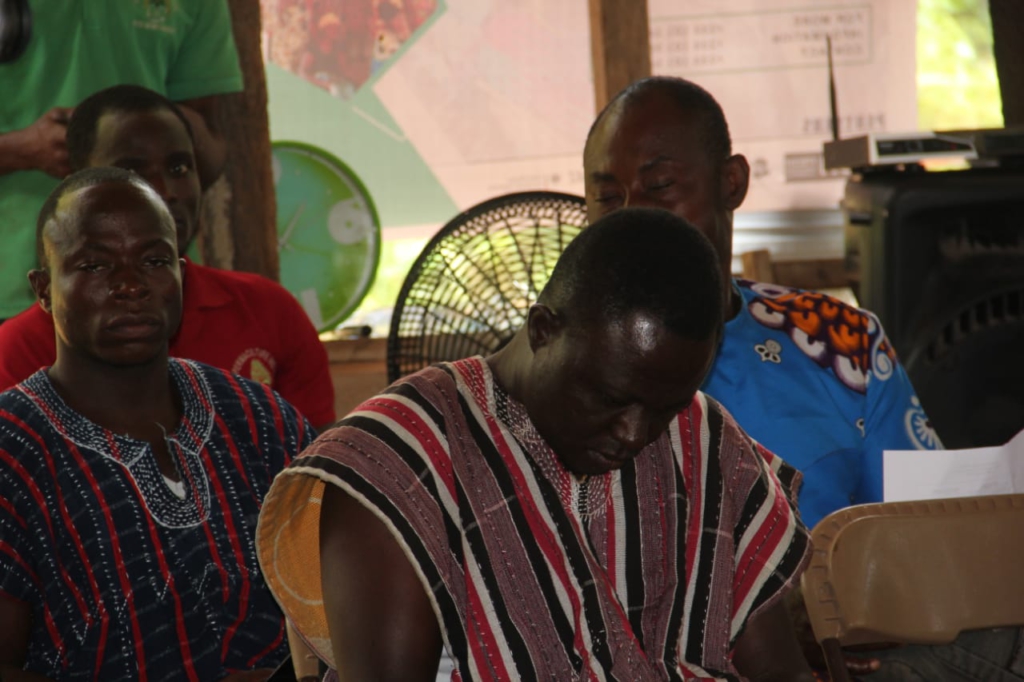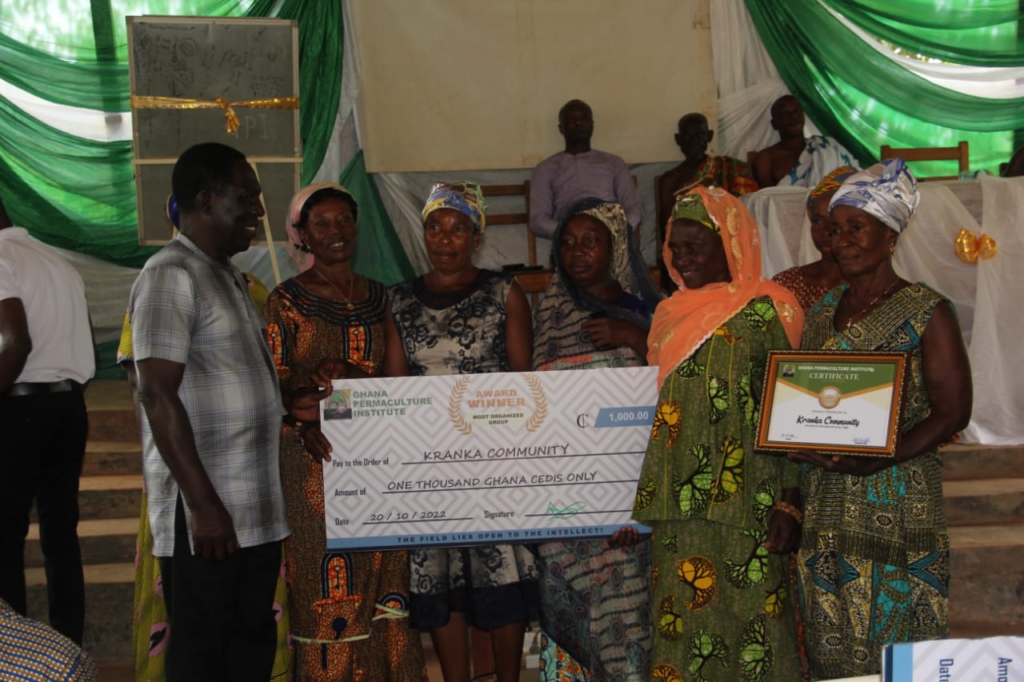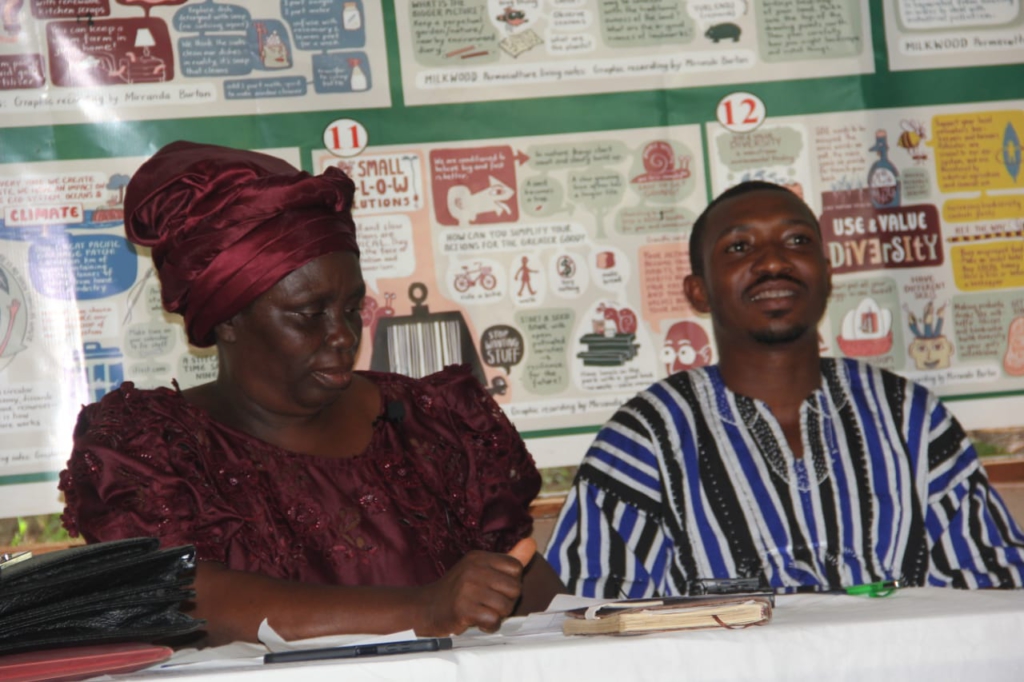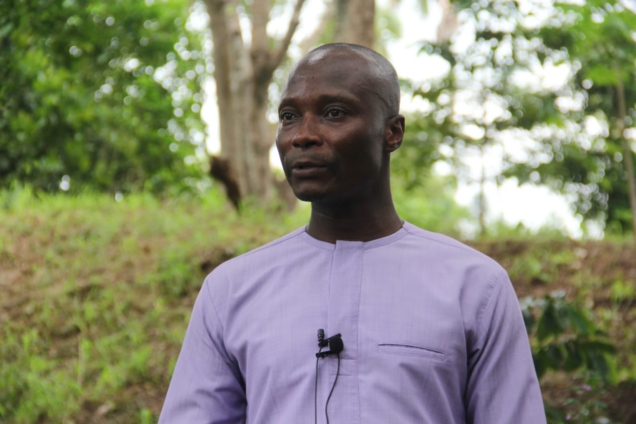There is an urgent call for the government and its development partners to actively engage permaculturists and civil society actors in developing permaculture policy frameworks to protect the environment.
Permaculture development, according to scientists and experts in integrated development management, will go a long way towards mitigating the devastating effects of climate change, eradicating poverty, and empowering practitioners to increase productivity and economic growth.
According to Dr. John Akparep, Senior Lecturer at the S. D. Dombo University of Business and Integrated Development Studies and Board Chairman of the Ghana Permaculture Institute, it is critical that stakeholders pay special attention to the environment.

He was speaking at the launch of the BMZ-SONED-GPI phase two project on poverty reduction, livelihood empowerment, and environmental sustainability.
The first phase of the project, which concluded in 2018, empowered and trained 4079 farmers in permaculture and ecovillage techniques. The second phase of the project is expected to benefit an estimated 2,250 smallholder farmers, particularly youth and women in agriculture.
By the end of the next three and a half years, GPI hopes to have directly helped individuals and given them the tools they need to engage in self-sustaining activities like producing honey and moringa.

"We have had series of training for the youth, many of whom are women," Dr. Akparep said.
Strengthening the permaculture system has the potential to significantly improve the socioeconomic livelihoods of many rural poor Ghanaians and assist farmers in producing more food with fewer resources.
According to Dr. Akparep, if investment is made in the sector, permaculture will continue to support Ghana's economy by providing employment, food and medicinal crops and plants, wildlife habitats, crafting materials, and a private relaxing atmosphere throughout the year.

According to Mr. Charles Katere, Deputy Director of the Ghana Permaculture Institute, the project will primarily help the Bono East, Ahafo, Northern, and Upper West regions.
"We believe that at the end of the day, we would be able to create market for the farmers."
Some beneficiary farmers say permaculture reduces farming costs, produces less waste, and is chemical resistant, all of which contribute to sustainable agriculture and promote economic growth and development.

Madam Joyce Kodom, a moringa farmer, said, "I think everyone should take the moringa business seriously. It has helped in keeping my family's necessities."
Four farmers each received one thousand Ghana cedis as an award for their dedication and hard work in ensuring the successful implementation of previous projects.
The Ghana Permaculture Institute's mission is to promote sustainable agriculture, and livelihood empowerment.
Latest Stories
-
OSP’s request for money laundering probe against Cecilia Dapaah baseless – AG advises EOCO
17 mins -
Obofour Raphael releases ‘Asem Yi Di Ka’ EP
18 mins -
‘Operation Clean Your Surroundings’: Popular Kenkey joint and public toilets in Takoradi shut down
46 mins -
GFA boss Kurt Okraku graces Dreams FC’s dinner to celebrate CAF Confederation Cup exploits
1 hour -
We’ve intensified efforts to combat misinformation, hate speech ahead of elections- Akufo-Addo
1 hour -
Sekondi-Takoradi: STMA/Joy News’ ‘Operation Clean Your Surroundings’ taskforce arrest 10 for open defecation
1 hour -
Joy Prime’s Prime Morning celebrates May Day with gallant Officers of Ghana Navy
2 hours -
YAWC Network Ghana chapter holds National summit in Accra
2 hours -
Memories of a Baby Univers
2 hours -
Akufo-Addo calls for peaceful elections, says politics shouldn’t divide us
2 hours -
Yinson, West African Rescue Association and Ahanta West Municipality tackle malaria
2 hours -
NHIA releases over GHS170m to settle healthcare providers
3 hours -
GFA will continue to support clubs in Africa – Kurt Okraku promises
3 hours -
Oheneyere Mrs. Helen Opong-Kesse
3 hours -
University of Ghana Stadium to host WAFU B U-17 Cup of Nations
3 hours

